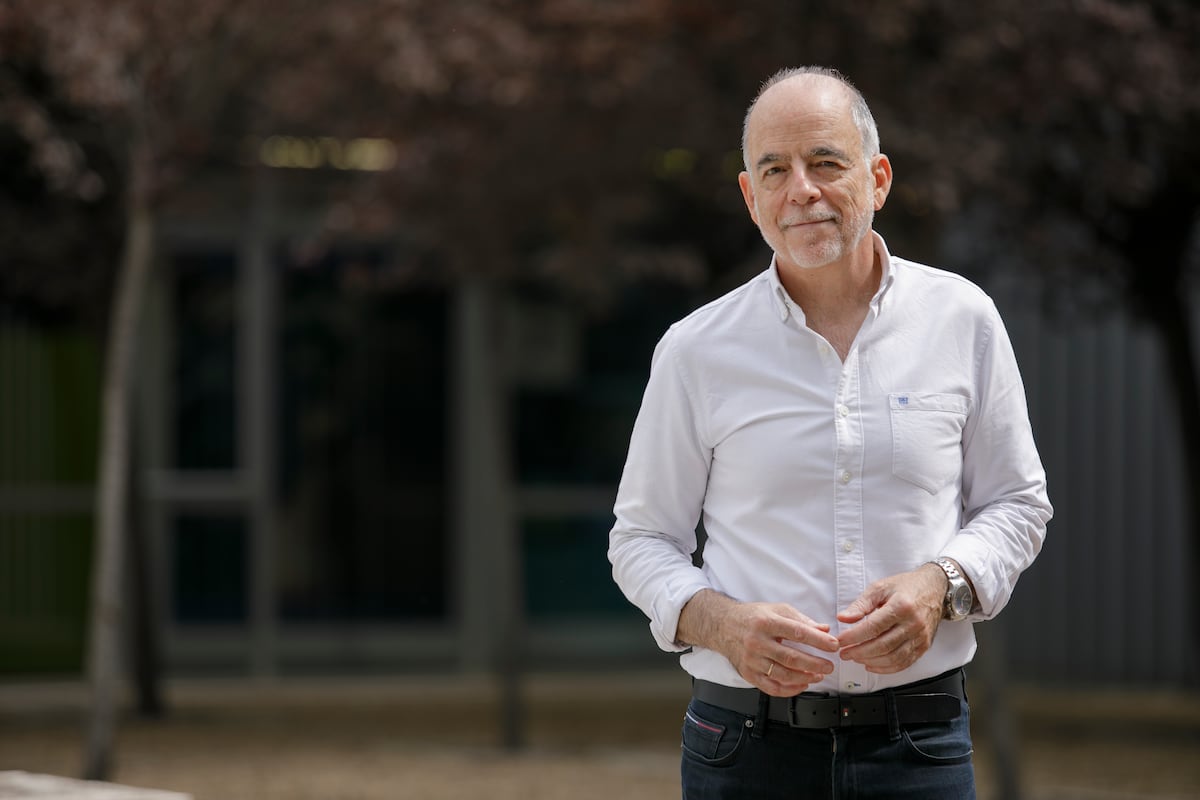
"Jesus Santamaria suggests that the ability of scientists to analyze and comprehend processes leads them to commit more intricate murders that are harder to solve. He emphasizes that scientists' observational skills give them an edge in developing more compelling methods of crime."
"Killing a person poses fewer challenges on paper than eradicating just the cancerous cells within the body, which is a complex endeavor in medicine. Santamaria draws a vivid contrast between theoretical murder and the practical difficulties faced in life-saving cancer treatments."
"Santamaria highlights the concept of nanotechnology as it was articulated by physicist Richard Feynman, who envisaged a mechanical surgeon capable of navigating the human body to repair internal faults, illustrating the evolution of surgical approaches through advanced technologies."
"Approved in 1995, Doxil represents a breakthrough in nanomedicine, where doxorubicin, encapsulated in fat spheres, targets tumors by entering the bloodstream and taking advantage of the peculiarities of cancerous blood vessels."
Jesus Santamaria believes scientists can commit more elaborate murders due to their analytical skills. He contrasts the ease of killing someone in theory with the complexity of selectively targeting cancer cells in medicine. Santamaria references Richard Feynman’s idea about a mechanical surgeon navigating through the body to perform repairs as an early vision of nanotechnology. The first FDA-approved nanomedicine, Doxil, utilizes this technology to deliver chemotherapy specifically to tumors, demonstrating advancements in cancer treatment.
Read at english.elpais.com
Unable to calculate read time
Collection
[
|
...
]